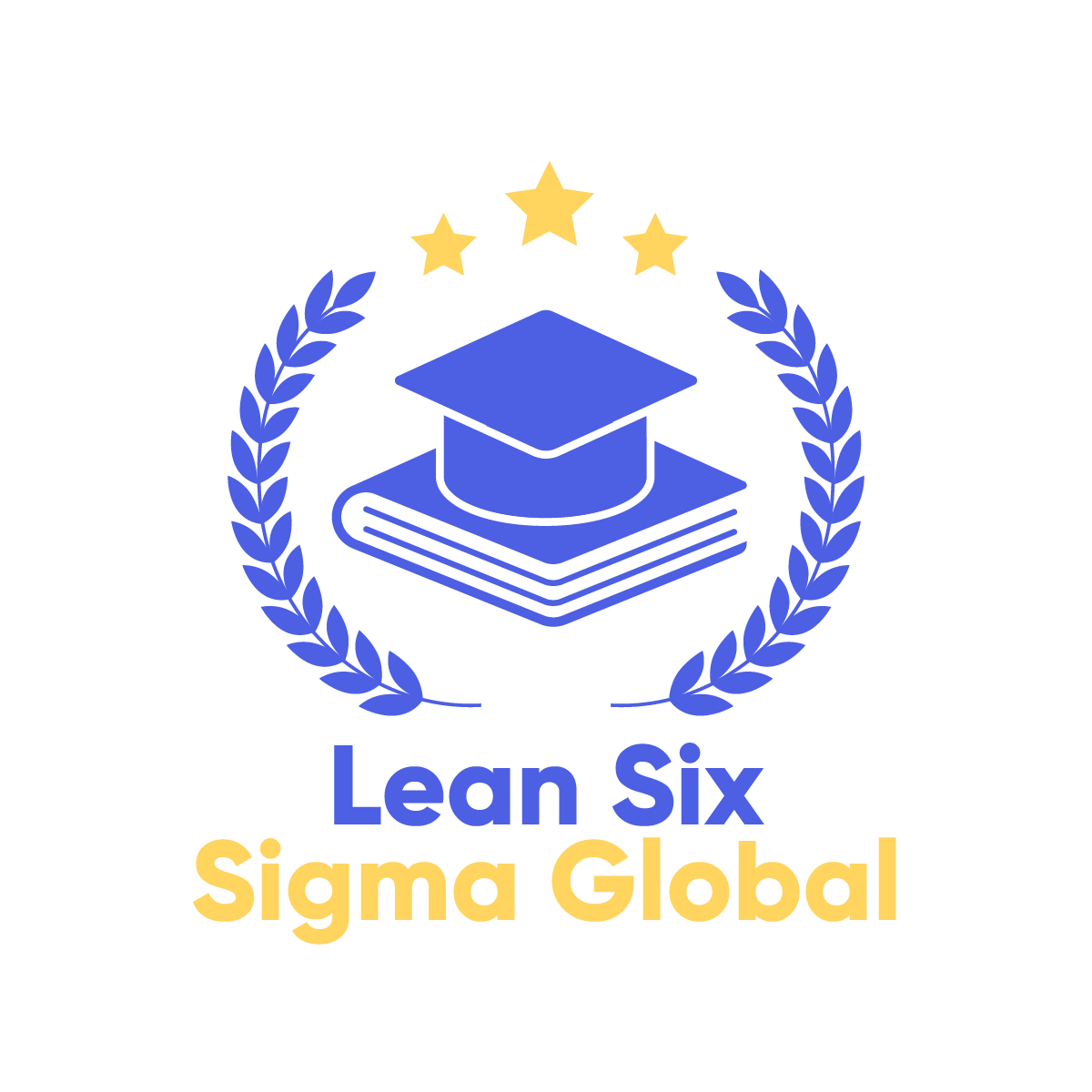FAQ
- Home
- FAQ
Frequently Asked Questions?
Industry 4.0, also known as the Fourth Industrial Revolution, is a term used to describe the integration of advanced technologies such as artificial intelligence and automation into manufacturing and other industries. It is a paradigm shift in the way we produce goods and services, and it has the potential to change the way we live and work.
One key aspect of Industry 4.0 is the use of data and analytics to improve decision-making. Lean Six Sigma and Industry 4.0 both rely on data to drive continuous improvement. By collecting and analyzing data on processes, businesses can identify areas for improvement and track the progress of their improvement efforts.
Another key aspect of Industry 4.0 is the use of automation to improve efficiency and reduce errors. Lean Six Sigma and Industry 4.0 both rely on automation to streamline processes and eliminate waste. By automating repetitive tasks, businesses can free up their employees to focus on more important tasks, such as innovation and problem-solving.
The duration of Lean Six Sigma certification programs varies depending on the level of certification & your prior experience / knowledge of the lean six sigma methodology . As a general guideline, Yellow Belt programs may take a few days to few weeks, Green Belt programs can range from a few weeks to a few months, while Black Belt programs may range from one month to several months to complete. It’s important to consider the time commitment involved before enrolling in a specific certification program.
There are no strict prerequisites for Lean Six Sigma certifications. However, for higher levels such as Black Belt, it is recommended to have basic knowledge of statistical concepts and previous project management experience. If you are comfortable you can directly write the Black Belt or Master Black Belt Exam.
Yes, Lean Six Sigma certifications are widely recognized and respected worldwide across various industries. Organizations value professionals who possess Lean Six Sigma certification as it demonstrates their proficiency in process improvement methodologies and their commitment to delivering high-quality results.
Yes, Lean Six Sigma principles and techniques can be applied across a wide range of industries, including manufacturing, healthcare, finance, IT, telecommunications, and more. The methodologies are adaptable and can be customized to fit specific business processes and industry requirements.
Lean Six Sigma certifications do not have an expiration date. Once certified, you hold the credentials for life. However, it is recommended to stay updated with the latest methodologies, tools, and industry trends by continuous learning and professional development.
Lean Six Sigma certification offers several advantages, including:
Enhanced problem-solving skills
Improved data-driven decision-making abilities
Increased efficiency and productivity within organizations
Better career prospects and job opportunities
Recognition as a qualified professional in process improvement

